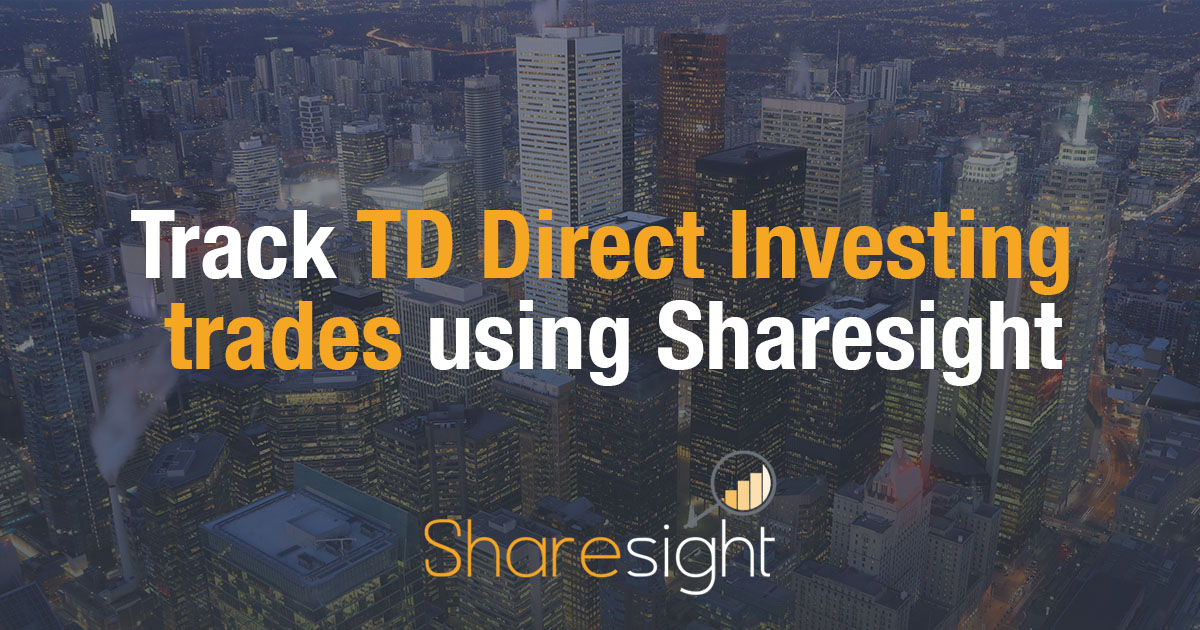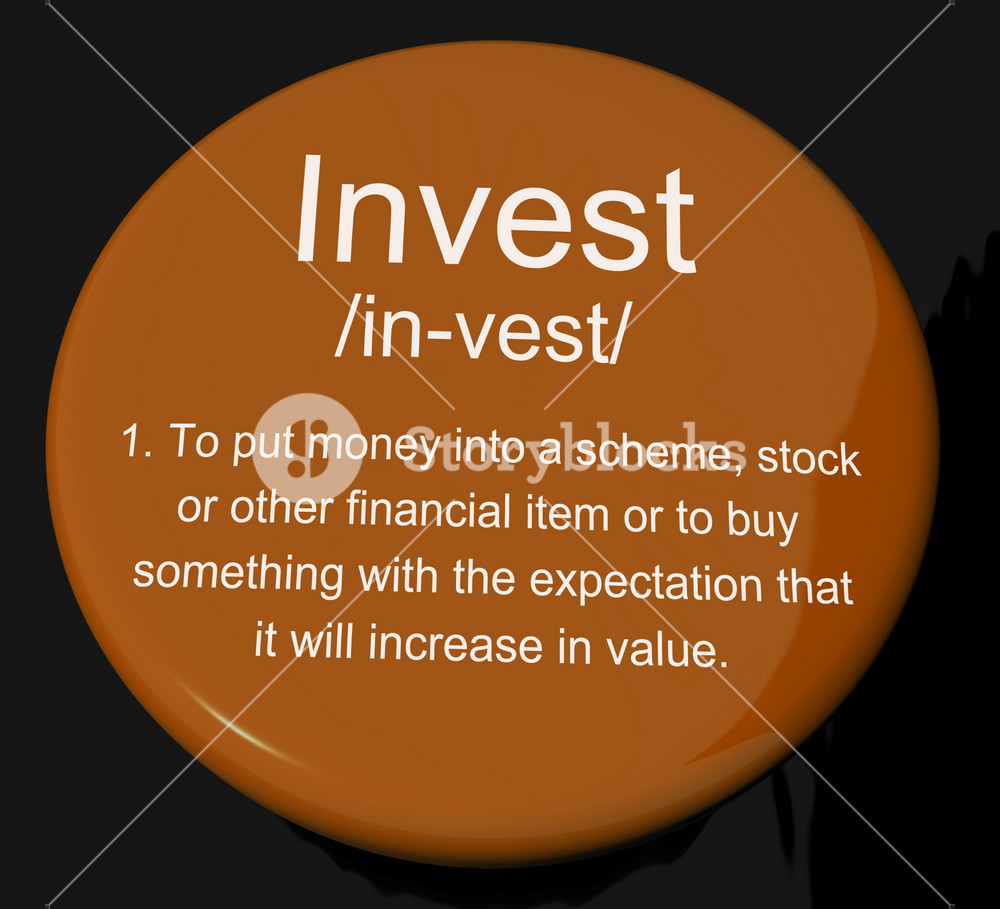
Bonds have many important roles to play in your portfolio. In addition to providing diversification from equities, they offer inflation protection and can be used to complement other asset classes. These four asset types can be combined to help you diversify your portfolio and achieve better long-term results. Below are some examples of investments that fit these roles. Find out more about different types of bonds. Find out more about tax implications and how these investments can be taxed.
Interest rate risk
Fixed income investments face significant risk from rising interest rates. Investors face other risks than the threat of rising interest rate. Convexity, or the shape of the price-yield relationship, is another important risk factor. These two measures differ slightly, but both reflect the sensitivity of the bond's price to changes in interest rates.
When assessing the risk associated fixed income securities, it's important to understand how they react to changes of interest rates. The bond market value will decline if interest rates rise. Rates will fall and the value of bonds will rise. If the interest rates rise by 2%, a 30-year Treasury bonds could see a 12% drop. However, interest rates that fall will cause their values to rise by different percentages.

Fixed-income investments subject to taxes
Fixed-income investments, while essential to your financial plan are also tax-relevant. For investors, bonds offer two major benefits: they can be a reliable alternative to stocks in cases of bankruptcy and they can generate predictable income that can offset volatility in stocks. Stocks and dividends receive special tax treatment. Bonds do not.
A tax-exempt investment is available for those who have substantial amounts of money to invest. Tax-exempt investments are most popular among senior executives and business owners. These individuals want their money to be protected from future market volatility and loss from inflation. However, while the tax-exempt status can make certain investments very lucrative, it also requires that investors pay taxes on their income from fixed-income capital, regardless of how much they actually spend. Every year, purchasing power is reduced by inflation.
High-yield bonds
High-yield Bonds may be a good option for those looking for income-producing investments or an alternative source to capital. High-yield Bonds can provide a great rate of interest, but there are risks that may make them less popular. Learn more about these types of investments. Here are some tips to help you choose the right ones:
The Federal Reserve needs to be cautious about raising interest rates too quickly this fiscal year. As of the time of writing, the Federal Reserve has already raised the benchmark rate twice this year, making it a risky choice for many investors. This could affect the value of high-yield bond, which may make them less appealing than other assets. However, the Fed has been aggressive in taking action to combat the rising cost of borrowing. They have raised their benchmark rate by 25% in March and by half-point in May. This is the largest increase in over two decades. The risk to high-yield bonds may increase if tightening continues.

Certificates to deposit
A certificate of deposit (CD) is an alternative to stock, bonds or other investment options. These investments are low-risk, have low returns and don't require high minimum balances. They also don't take into account inflation, which can offset your gains. There are several types of CDs, and we'll look at a few of them here.
CDs are protected just like bank deposits. The Federal Deposit Insurance Corporation covers up to $250,000 in the US, making them almost risk-free up until the amount of money that is insured in your state. Credit unions offer insurance that covers deposits upto $25,000.
FAQ
Why are marketable Securities Important?
A company that invests in investments is primarily designed to make investors money. It does this by investing its assets in various types of financial instruments such as stocks, bonds, and other securities. These securities offer investors attractive characteristics. They may be considered to be safe because they are backed by the full faith and credit of the issuer, they pay dividends, interest, or both, they offer growth potential, and/or they carry tax advantages.
The most important characteristic of any security is whether it is considered to be "marketable." This is how easy the security can trade on the stock exchange. You cannot buy and sell securities that aren't marketable freely. Instead, you must have them purchased through a broker who charges a commission.
Marketable securities include corporate bonds and government bonds, preferred stocks and common stocks, convertible debts, unit trusts and real estate investment trusts. Money market funds and exchange-traded money are also available.
These securities can be invested by investment firms because they are more profitable than those that they invest in equities or shares.
How are shares prices determined?
Investors set the share price because they want to earn a return on their investment. They want to make a profit from the company. So they buy shares at a certain price. If the share price increases, the investor makes more money. The investor loses money if the share prices fall.
An investor's main objective is to make as many dollars as possible. They invest in companies to achieve this goal. They are able to make lots of cash.
What's the role of the Securities and Exchange Commission (SEC)?
SEC regulates brokerage-dealers, securities exchanges, investment firms, and any other entities involved with the distribution of securities. It enforces federal securities laws.
How does inflation affect the stock market?
Inflation can affect the stock market because investors have to pay more dollars each year for goods or services. As prices rise, stocks fall. Stocks fall as a result.
How can I find a great investment company?
It is important to find one that charges low fees, provides high-quality administration, and offers a diverse portfolio. Fees vary depending on what security you have in your account. Some companies have no charges for holding cash. Others charge a flat fee each year, regardless how much you deposit. Others charge a percentage of your total assets.
You should also find out what kind of performance history they have. A company with a poor track record may not be suitable for your needs. Avoid low net asset value and volatile NAV companies.
Finally, you need to check their investment philosophy. In order to get higher returns, an investment company must be willing to take more risks. If they are unwilling to do so, then they may not be able to meet your expectations.
What's the difference between marketable and non-marketable securities?
The main differences are that non-marketable securities have less liquidity, lower trading volumes, and higher transaction costs. Marketable securities, however, can be traded on an exchange and offer greater liquidity and trading volume. Because they trade 24/7, they offer better price discovery and liquidity. However, there are many exceptions to this rule. There are exceptions to this rule, such as mutual funds that are only available for institutional investors and do not trade on public exchanges.
Marketable securities are more risky than non-marketable securities. They are generally lower yielding and require higher initial capital deposits. Marketable securities can be more secure and simpler to deal with than those that are not marketable.
A large corporation bond has a greater chance of being paid back than a smaller bond. The reason is that the former will likely have a strong financial position, while the latter may not.
Marketable securities are preferred by investment companies because they offer higher portfolio returns.
Statistics
- Ratchet down that 10% if you don't yet have a healthy emergency fund and 10% to 15% of your income funneled into a retirement savings account. (nerdwallet.com)
- Even if you find talent for trading stocks, allocating more than 10% of your portfolio to an individual stock can expose your savings to too much volatility. (nerdwallet.com)
- US resident who opens a new IBKR Pro individual or joint account receives a 0.25% rate reduction on margin loans. (nerdwallet.com)
- The S&P 500 has grown about 10.5% per year since its establishment in the 1920s. (investopedia.com)
External Links
How To
How to Invest in Stock Market Online
Investing in stocks is one way to make money in the stock market. There are many options for investing in stocks, such as mutual funds, exchange traded funds (ETFs), and hedge funds. Your investment strategy will depend on your financial goals, risk tolerance, investment style, knowledge of the market, and overall market knowledge.
First, you need to understand how the stock exchange works in order to succeed. This involves understanding the various types of investments, their risks, and the potential rewards. Once you've decided what you want out your investment portfolio, you can begin looking at which type would be most effective for you.
There are three types of investments available: equity, fixed-income, and options. Equity is the ownership of shares in companies. Fixed income refers debt instruments like bonds, treasury bill and other securities. Alternatives include commodities, currencies and real estate. Venture capital is also available. Each category comes with its own pros, and you have to choose which one you like best.
There are two main strategies that you can use once you have decided what type of investment you want. The first is "buy and keep." This means that you buy a certain amount of security and then you hold it for a set period of time. Diversification is the second strategy. It involves purchasing securities from multiple classes. You could diversify by buying 10% each of Apple and Microsoft or General Motors. The best way to get exposure to all sectors of an economy is by purchasing multiple investments. You can protect yourself against losses in one sector by still owning something in the other sector.
Risk management is another crucial factor in selecting an investment. You can control the volatility of your portfolio through risk management. If you were only willing to take on a 1% risk, you could choose a low-risk fund. You could, however, choose a higher risk fund if you are willing to take on a 5% chance.
Knowing how to manage your finances is the final step in becoming an investor. You need a plan to manage your money in the future. You should have a plan that covers your long-term and short-term goals as well as your retirement planning. This plan should be adhered to! Do not let market fluctuations distract you. Keep to your plan and you will see your wealth grow.